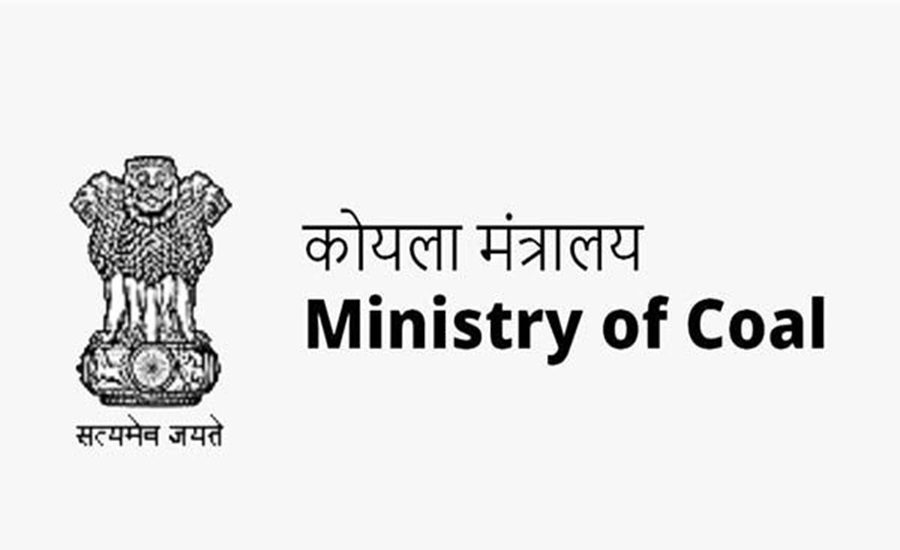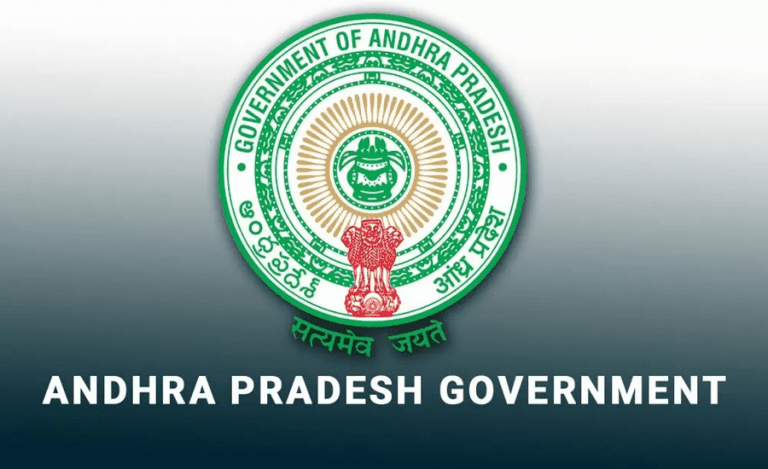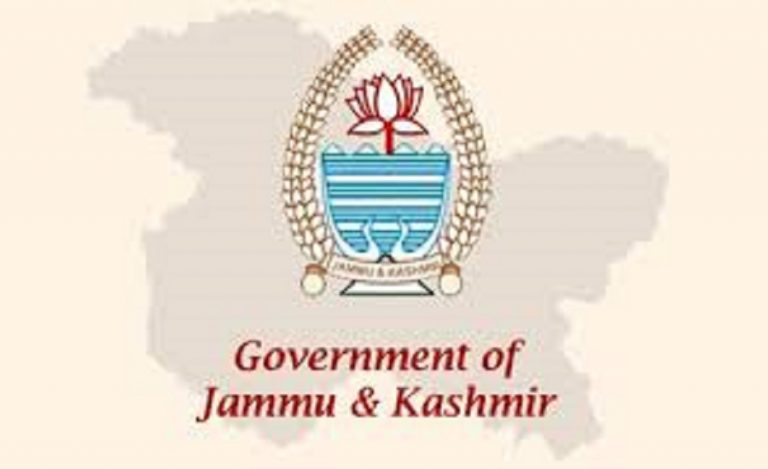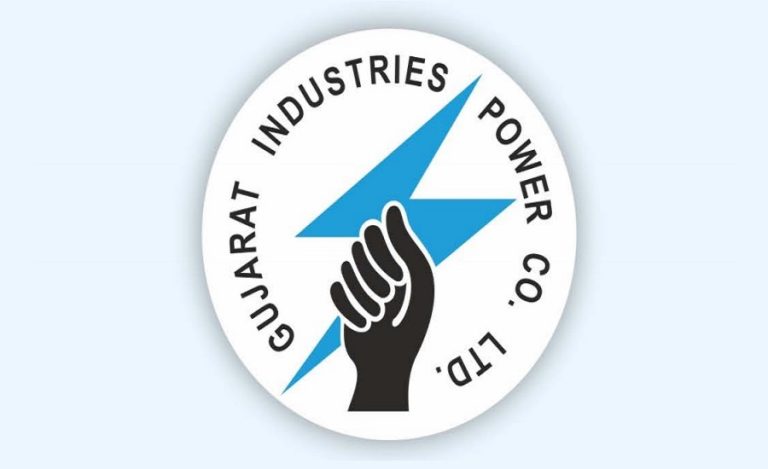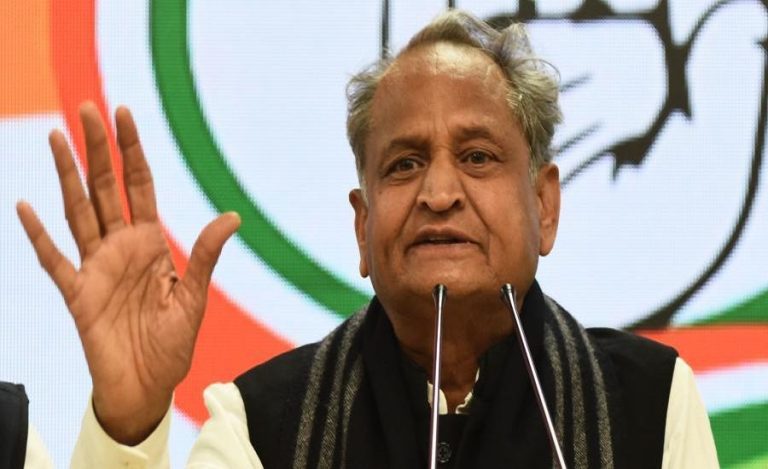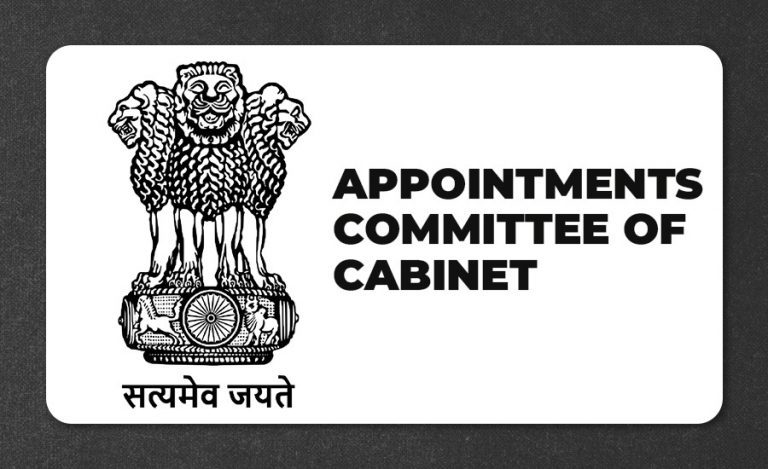New Delhi: The Government of India has intensified its focus on environmentally sustainable coal mining by implementing advanced technologies, regulatory safeguards, and inclusive development measures. In a recent statement to the Lok Sabha, Union Minister for Coal and Mines G. Kishan Reddy outlined a detailed roadmap aimed at minimizing the ecological footprint of coal operations while enhancing socio-economic outcomes.
Strict Environmental Compliance Anchors Mining Practices
All coal mining activities in India are conducted under statutory clearances such as Environmental Clearance (EC), Forest Clearance, Consent to Operate, and Groundwater Clearance. These clearances, granted by the Ministry of Environment, Forest and Climate Change (MoEF&CC), involve thorough Environmental Impact Assessments (EIA) and the development of Environmental Management Plans (EMP).
As mandated by the EIA Notification of 2006 under the Environment (Protection) Act, 1986, every mining proposal undergoes scrutiny by the Expert Appraisal Committee (EAC). Key environmental safeguards—including dust suppression, noise reduction, biodiversity conservation, and green belt development—are embedded into the approved Mine Plan and Closure Plan.
Emission Control at Power Plants & Mine Closure Guidelines
Coal-fired power plants have adopted a comprehensive suite of environmental policies and cutting-edge technologies to reduce air, water, and soil pollution in accordance with national standards.
To address socio-economic challenges following mine closures, the government has introduced robust guidelines (effective from January 31, 2025). These emphasize skill development, livelihood support, ecosystem rehabilitation, and community engagement in post-closure land use planning.
CSR Initiatives Uplifting Local Communities
Coal and power PSUs such as Coal India Limited (CIL), NTPC, and Damodar Valley Corporation (DVC) are actively conducting CSR programs, especially in mining-intensive states like Jharkhand and Odisha. These include skilling initiatives and livelihood enhancement schemes that contribute to sustainable development.
The government has not issued any fixed targets or timelines for phasing out inefficient coal mines, focusing instead on environmental upgrades and operational reforms.
Coal Gasification Gets Policy and Fiscal Backing
In a strategic push for coal and lignite gasification, the government has approved an ₹8,500 crore incentive scheme for PSU and private sector projects. This includes:
- Designation of “Production of Syngas” as a new sub-sector under the Non-Regulated Sector (NRS) linkage auctions.
- Coal supply at regulated-sector floor prices for gasification projects commissioned within seven years.
- A 50% revenue share rebate on coal used for gasification in commercial coal block auctions (with a minimum 10% usage).
- Waivers for Transfer of Technology (ToT) from land-border-sharing nations—one such waiver has already been granted.
Reclamation, Eco-Tourism & Afforestation Drive Inclusive Growth
To ensure long-term environmental and community benefits, the government has undertaken several land rehabilitation and development measures:
- Structured land acquisition and resettlement in coordination with state governments and local stakeholders.
- Biological and technical reclamation of mined areas, restoring land for alternate productive use.
- Development of reclaimed lands into eco-parks and reservoirs—such as Saoner Eco Park and Gunjan Park—for tourism and public engagement.
- Mass afforestation campaigns and sapling distribution to strengthen biodiversity and green cover.
- Repurposing mine voids for irrigation, drinking water supply, and pisciculture, enhancing local resource security.
These comprehensive interventions reflect a shift toward responsible mining, combining regulatory oversight, technological progress, and grassroots participation to build a more sustainable coal sector.
About the Ministry of Coal
The Ministry of Coal is responsible for the development and regulation of coal and lignite sectors in India. It oversees major PSUs like Coal India Ltd., Singareni Collieries Company Ltd., and NLC India Ltd. The ministry plays a vital role in ensuring energy security while promoting environmentally and socially responsible mining practices. Through policy reforms, innovation, and stakeholder engagement, it aims to balance industrial growth with ecological sustainability.

